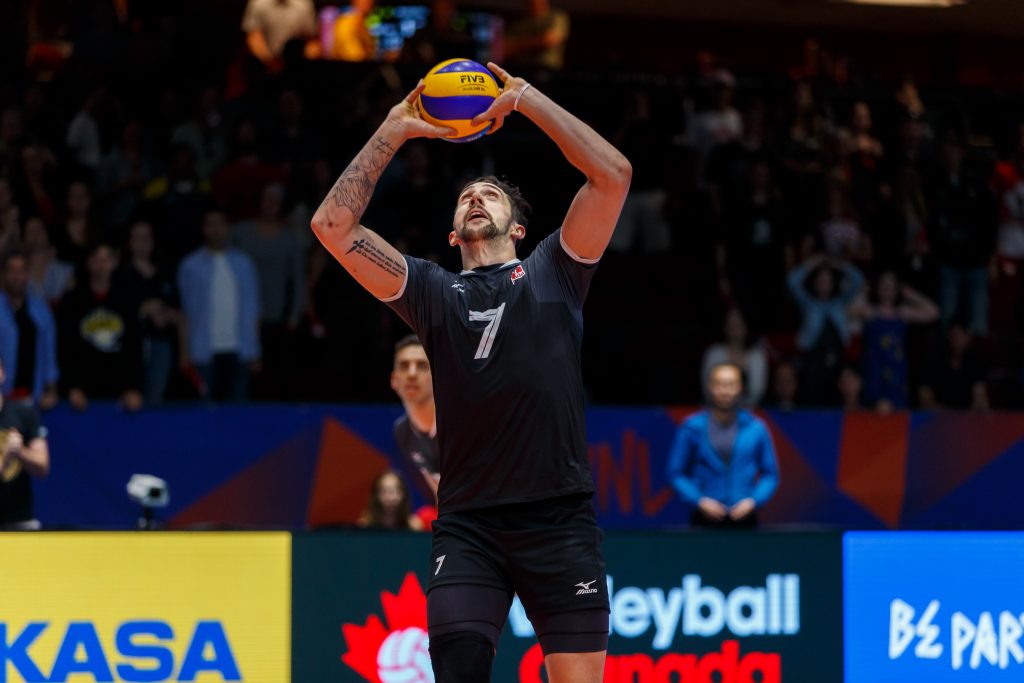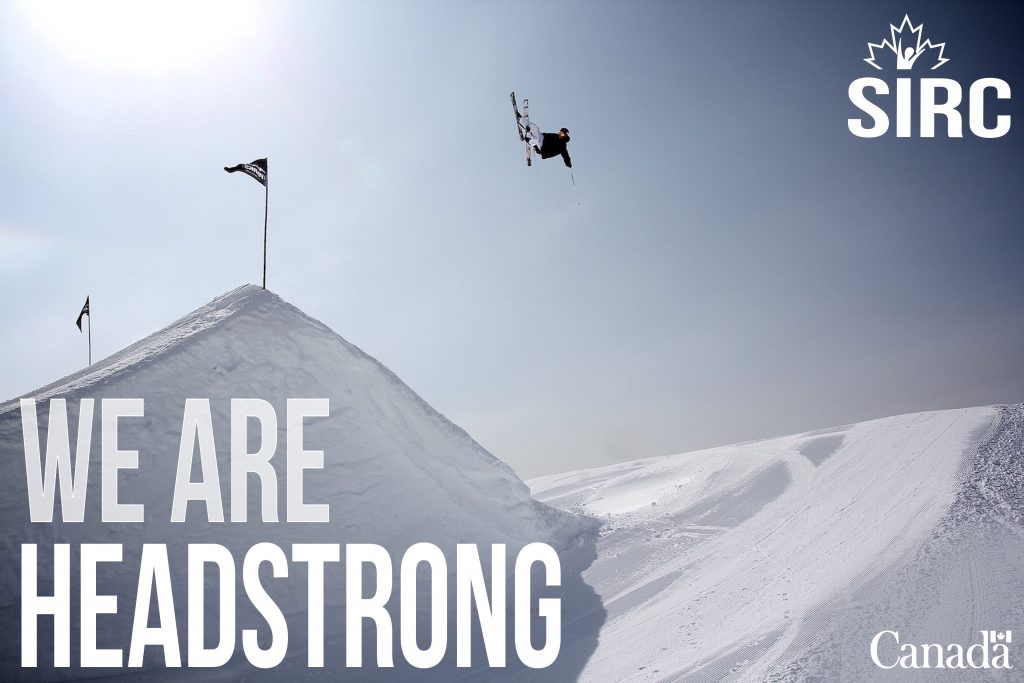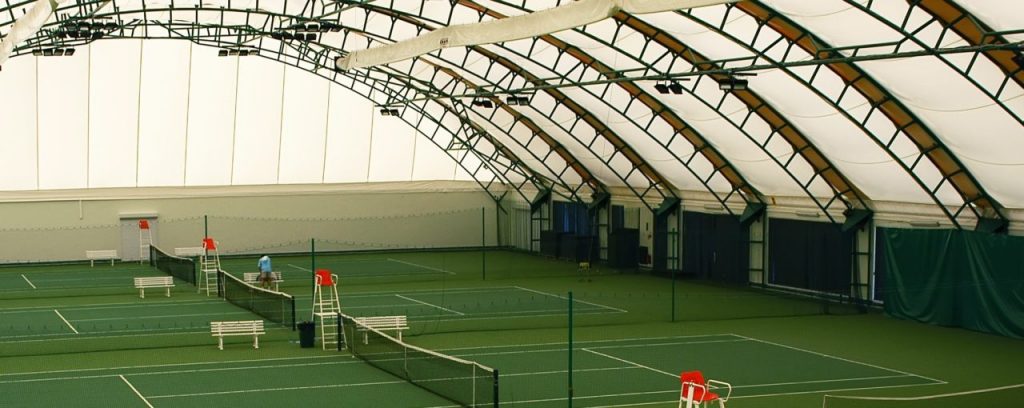How data informs Volleyball Canada’s concussion strategy

It might be surprising to hear concussions are a serious risk in the sport of volleyball. But data collection from Volleyball Canada—dating back to 2016—has revealed exactly that. “Our research has shown that about 1 in 10 youth athletes in Canada will sustain a concussion while playing club volleyball each year.” said Kerry MacDonald, Director,…
Champion Article – Volleyball
Policy change is one way Volleyball Canada is striving to improve athlete safety on the court. Changes include warm-up drill practices discouraging athletes from going under the net to retrieve the ball – an area with a high risk for concussions. Learn more in the SIRC Blog.
Concussion Prevention Through Innovation

It’s a potent mix: dangerous flips and twists performed by young, boundary-pushing athletes who revel in the sport’s free-spirited culture. More than most sports, concussions are a day-to-day, moment-to-moment risk for the freestyle skiing community. The five demanding disciplines – Aerials, Moguls, Halfpipe, Slopestyle and Big Air – put athletes in dangerous situations, hurtling down…
Champion Article – Freestyle Canada
The five disciplines of Freestyle Skiing – Aerials, Moguls, Halfpipe, Slopestyle and Big Air – excite spectators with their gravity-defying skills, but put athletes in situations with high-risk for concussion. In this environment, education and awareness around concussion prevention and management is critical. Learn more about how Freestyle Skiing Canada empowered their athletes through “a…
Canoe Kayak Concussion Policy Alignment
Alignment among grassroots clubs across Canada can be challenging. Canoe Kayak Canada, with the help of SIRC’s harmonized #HeadstrongCanada concussion resources and templates, is aligning to protect their athletes from concussions. Having access to consistent policies is helping to protect athletes at the club, provincial and national level. Learn about policy alignment around concussion risks…
Covered Courts Program
Tennis Canada’s Covered Courts Program is driven by insights from a national survey. Findings revealed 90% of tennis players, and 51% of all Canadians (including those that haven’t picked up a racquet in over 12 months) would play more if there was a covered court nearby. Further, 90% of Canadians agreed that municipalities should work…
Tennis Canada’s Covered Courts Program – Driven By Data

Tennis Canada’s mission is to lead the growth of the sport in the country. That mission can only be accomplished with more individuals playing more tennis more frequently. However, to increase participation rates, one important barrier needs to be addressed – winter. Enter Tennis Canada’s Covered Courts Program. This article discusses how Tennis Canada leveraged…
Physical literacy and life-long participation
The development of physical literacy is essential to life-long participation in sport and physical activity. Learn how teachers and parents (and program leaders, coaches, and others!) can be allies in ensuring students develop the “motivation, confidence, physical competence, knowledge and understanding to value and take responsibility for engagement in physical activities for life” in the…
Concussion Newsletter – October 2019
Putting athlete safety first, Skate Canada has introduced a new rule that allows referees to stop competition if they suspect an athlete has sustained a head injury, without any score deductions. A three minute pause allows athletes to be assessed by a qualified individual, reducing the risk of continuing competition with an injury. Learn more…
Changing the Sport Culture by Changing the Rules

High-level athletes compete to win. Sometimes, however, they make rash decisions in the heat of the moment that can have serious, long-term consequences. Take figure skating, for example. There have been instances in the past where athletes and coaches were suspected of downplaying concerns about head injury because interrupting a skater’s program would have resulted…